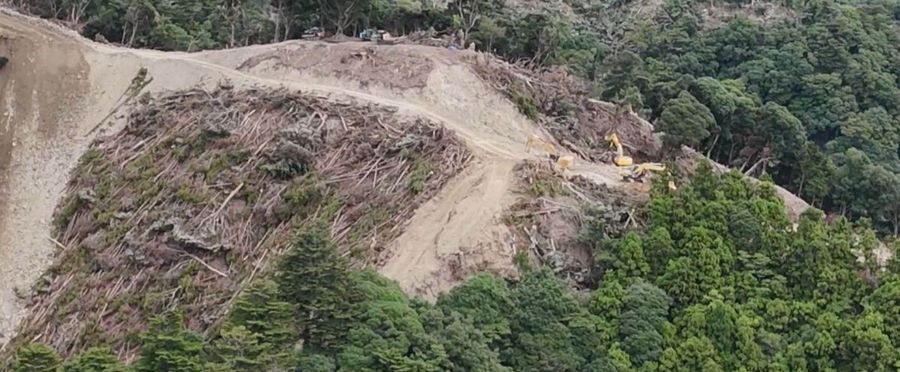Japan's Mega-Solar Power Operators have been subjected to increasing regulatory supervision, with government bodies issuing up to 58 official instructions to the industry recently. Concerns over transparency and environmental impact have prompted the authorities to act, aiming to ensure industry compliance with the nation's stringent renewable energy standards. It remains uncertain how this will affect the timeline and execution of ongoing solar projects in the country.
Japan's commitment to large-scale renewable and solar energy production is part of its broader environmental policy initiatives. The public generally appreciates these efforts and holds high expectations towards renewable energy companies. However, concerns have arisen about whether the industry is keeping pace with strict Japanese regulations and standards; hence, increasing government supervision reflects these concerns and aims to maintain public trust.
Unlike Japan, where renewable energy projects are closely monitored by the government, the supervision mechanisms in the United States and European Union tend to vary. Private sector liberty is more pronounced in the US, even though the sector is subject to specific environmental laws. Similarly, EU nations have diverse practices, generally favoring long-term public-private partnerships for renewable energy projects.

